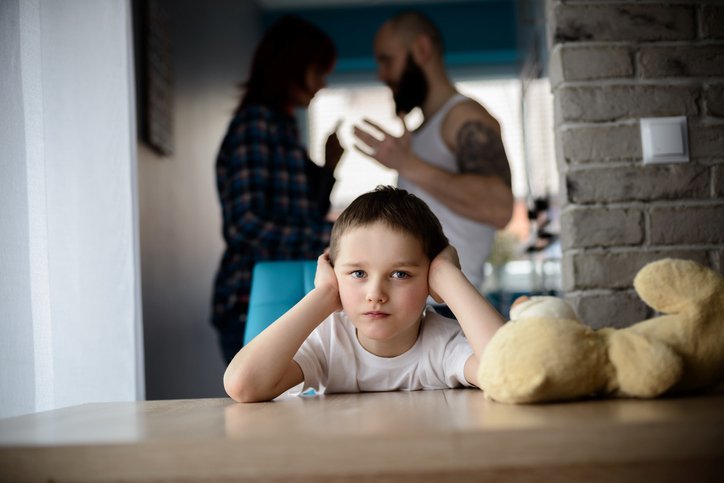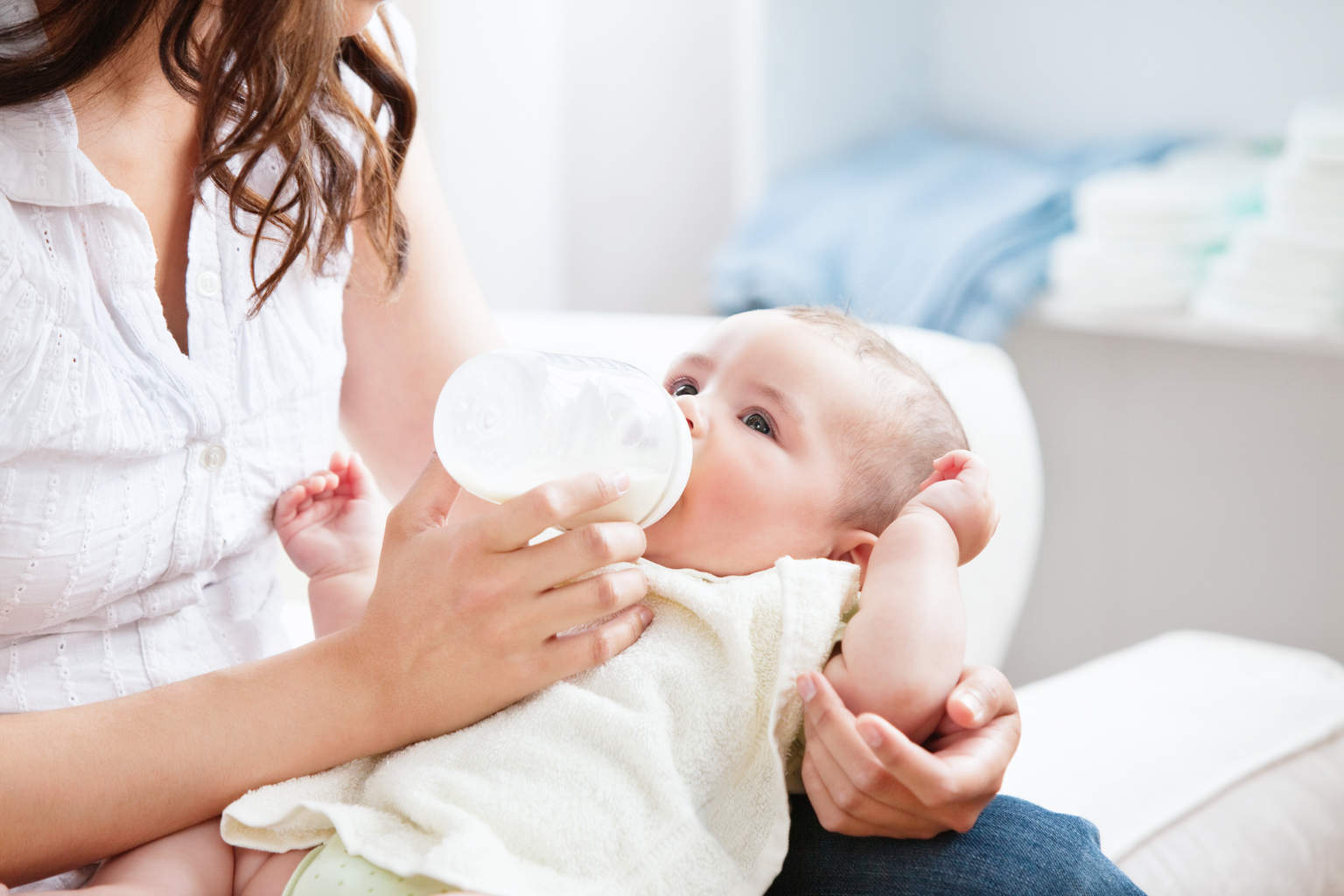Contents:
- Medical Video: Parents Fighting In Front Of A Child - 30 Years Later & I'm Still Having Nightmares..
Medical Video: Parents Fighting In Front Of A Child - 30 Years Later & I'm Still Having Nightmares..
They may not hear when you ask him to clean up the room, but when mom and dad quarrel, yell at each other, slam doors, children listen.
What children hear or watch is not good for their development, said a study from Cardiff University, reported by ABC News, which showed that when a parent's argument in front of a child can cause serious damage.
Parental quarrel has an impact on the limitations of the child's emotional development
"When children are threatened at an emotional level, they show an increase in negative symptoms such as depression, anxiety, aggression, and hostility," Dr. Gordon Harold, co-author of the study. A child who reacts to a parent's quarrel may appear to be withdrawn or silent, and such behaviors are often ignored, he continued.
Or, children actually become aggressive and difficult to handle, even acting while parents fight to divert their attention. If this effort is successful, the child may do it again and again.
Research shows that aggression is physically and verbally aggressive, "silences", intense arguments, and arguments in question or involving children is the worst for children.
How the fight is ended, affects the effect on the child
But surprisingly, not the number of fights that seemed to have the most impact on children. Conversely, the extent to which a parent's argument affects a child will depend on whether the fight gets hotter or both parties make peace.
Parental fights are not a problem if both parties try to solve the problem. However, when this conflict remains open, the child will respond with depression, anxiety, and / or behavioral problems.
Parents do not realize that children are sensitive to their conflicts. However, the study found that children are most sensitive at a very early age, at least starting at the age of 1 year.
Although many studies have shown that problematic marriage tends to produce problematic children, researchers have looked for specific information about how children are harmed. "A young person who sees his parents finds difficulties is likely to be afraid," said Robert Emde, a child psychiatrist at the University of Colorado Medical Center, who conducted research on emotions in the family, reported from the NY Times.
"Older children may also feel guilty, believing that he must be blamed," explained Emde. All of these feelings appear bearable in the short term, he said, but not when hostilities continue in the long run. In such cases, the child may become too explosive anger or too afraid to express anger, which puts the child at risk of having emotional limitations, too.
If parents really solve the problem, children will know. If they don't, children will find out too. Then, what can parents do?
If you have already had a fight in front of a child ...
1. Accept "cranky" for now
The good news is that even when children suffer from parental conflict, many dangers can be avoided.
Accept and allow the child to sulk and make friends for now. His world has been a bit shaken, so he is looking for certainty and comfort from one of his parents. Your job is to find a middle ground, once you find your child begins to withdraw as a response to a sad experience. Let the crap run for a while, but also encourage him to find his own strength.
For example, you might let him keep an eye on you all day, but look for a gap between them, like when you prepare dinner, when you expect him to keep busy in another room. Some children will return to 'recover' in a few days; several days spend several months or more. There are no definite guidelines, but this will work smoothly if you push it slowly, then observe its capacity to respond to your body as a measure of whether you push it too hard or not.
2. Talk to your child about your argument
After the fight, now the home atmosphere is filled with big and real irregularities, and you have to discuss it - not only with your partner, but also with your child. If not, the child's imagination will develop wildly, changing something that should not be a burden on the child's mind becomes an emotional concern that drains his time and energy. Ideally, both parents must engage in a conversation with the child about this, so that he can see that you are both on the same road.
One way to continue the discussion is to tell your little one to experience a frightening argument between each other and want to discuss it together with him, as a family. You might also tell that your father and mother forgave each other for saying such painful things. Empathizing with him by explaining that you know this argument is frightening for him to hear. Then ask him what he wants to say or ask you. Some children will respond to expressions and be quiet; others will release all their emotions and thoughts. How you take over from there will depend on the individual child.
However, as the discussion progresses, here are some important points to note:
- Before starting the discussion, it's good to consult together and come to the child with a plan. It is important to convey that you are able to "detoxify" aggression and find constructive resolution.
- You both love each other, and your marriage is still good and strong. Convince the child that he does not need to worry about anything like divorce, and that when parents love each other, they will find ways to work together to accomplish what they disagree with.
- The painful words that you throw at each other occur because you are emotional - not a reflection of what you feel for your partner.
What needs to be remembered after fighting with a partner
Children must feel confident that your marriage is still fine after the fight. It is very important for you to show your child that you and your partner trust each other that each is a pleasant individual. But, fun does not mean perfect.
All parents, even those who love each other, experience disappointment and frustration about each other. Sometimes, parents are able to change; other times he can't. Regardless, it's important to keep listening to each other and try to make changes.
This is important because children will succeed in identifying themselves with their parents' characteristics that are valuable only if parents show they value these characteristics.
"One thing parents can do is try to work together to find a resolution, and let their children know about the resolution," said E. Mark Cummings, PhD, a psychologist from the University of Notre Dame, quoted by WebMD. "Even if parents fight behind closed doors and come out really looks like they have solved the problem, the child will see it as an 'armistice' effort. And, parents can explain to the child what happened. "
READ ALSO:
- If Parents Like to Beat Children
- 8 Parents' Mistakes in Feeding Children
- Various Causes of Babies Don't Sleep, and How to Overcome It












